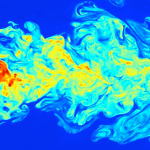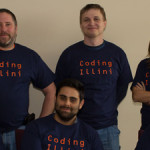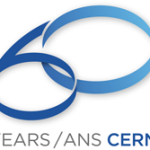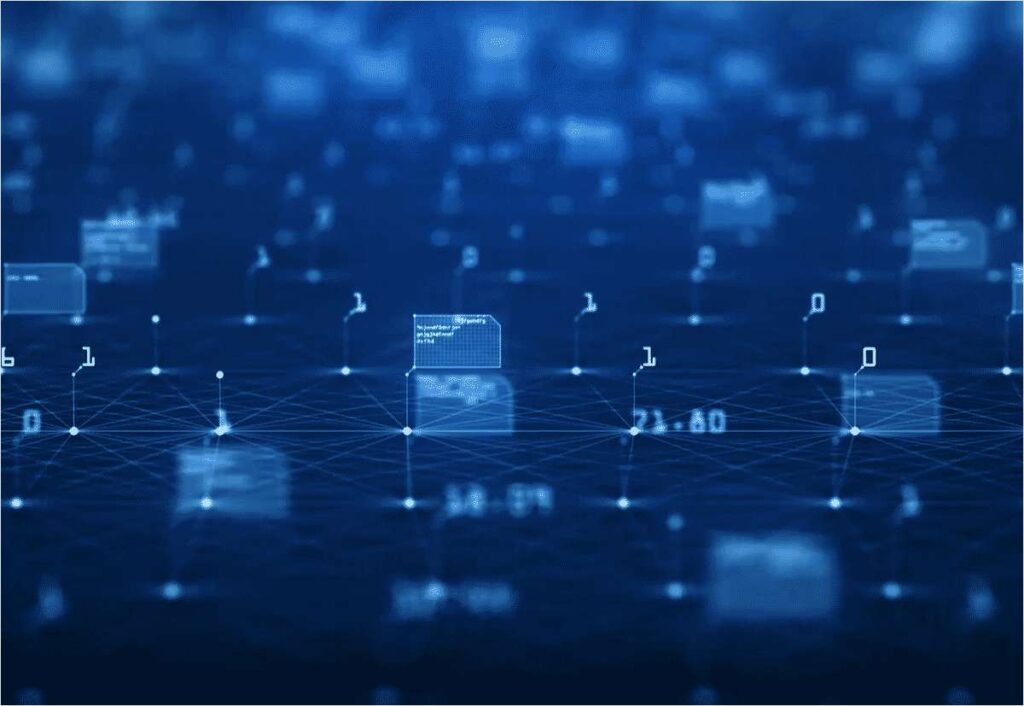In this video, Vadim Karpusenko from Colfax International describes the software tools for developing applications for Intel Xeon Phi coprocessors. The session begins with software that is necessary to boot coprocessors and to run pre-compiled executables on them.
Optimizing Navier-Stokes Equations
Solving Navier-Sokes equations are popular because they describe the physics of in a number of areas of interest to scientists and engineers. By solving these equations, the flow velocity can be calculated, and then other quantities of interest, such as pressure or temperature may be determined.
HPC and Software Modernization
“As we see Moore’s Law alive and well, more and more parallelism is introduced into all computing platforms and on all levels of integration and programming to achieve higher performance and energy efficiency. We will discuss Multi- and Many-Core solutions for highly parallel workloads with general purpose and energy efficient technologies. We will also touch on the challenges and opportunities for parallel programming models, methodologies and software tools to achieve highly efficient and highly productive parallel applications. At the end we will take a brief look towards Exascale computing.”
Correct and Efficient Code – HYDRO2D
Simulation of physical processes such as the waves in an ocean or the wake behind a boat, although similar in a number of ways, require different approaches. With current systems designed with many parallel computational units, it is important to take advantage of the range of architectural features. Using HYDRO2D, the performance of the code can be examined and improved by taking advantage of a range of system features.
Code Modernization – Why it is so Important
For about 40 years, developers and users could count on an increase in CPU performance that would make applications run faster. However, with the slowdown in constant clock rate increases being replaced by additional core counts and even more new instructions, rethinking algorithms, their use of the latest APIs, and using the latest compilers has become critical for the next generation of application performance enhancements.
Podcast: Coding Illini Wins Parallel Universe Computing Challenge
In this Chip Chat podcast, Mike Bernhardt, the Community Evangelist for HPC and Technical Computing at Intel, discusses the importance of code modernization as we move into multi- and many-core systems. Markets as diverse as oil and gas, financial services, and health and life sciences can see a dramatic performance improvement in their code through parallelization.
New IPCC at CERN Pushes Code Modernization
“The work covered by this IPCC within the GeantV project aims at providing, in the first year, the first GEANT-V version that is vectorisable and thread wise scalable on Intel Architectures demonstrating a speedup of a factor between 5x and 10x over the scalar version on a simplified example.”
NAG Boosts KAUST Petascale Project
At SC14, the Numerical Algorithms Group (NAG) and Red Oak Consulting announced a large supercomputer project with King Abdullah University of Science and Technology (KAUST) in Saudi Arabia.
SC14 #HPCMatters – Celebrating the Applications
The doors will soon open, the curtains will rise – and what really #HPCMatters will shine in the floodlights of New Orleans. It will be the applications of HPC that define this SC conference – where the life/business/world-impacting results are found. Applications are the sharp end of the mission. But who or what lies behind application successes?
Seismic Code Modernization Yields Petascale Performance and Gordon Bell Award Nomination
The Gordon Bell Prize is one of the highest honors in high performance computing. For 2014, a collaborative research project co-led by Michael Bader from Technische Universität München (TUM) and Christian Pelties from Ludwig-Maximilians-Universität München (LMU), both from Germany, and Alexander Heinecke of Intel, has been nominated for their groundbreaking code modernization work with SeisSol, a scientific software package that provides numerical simulation of seismic wave phenomena.













